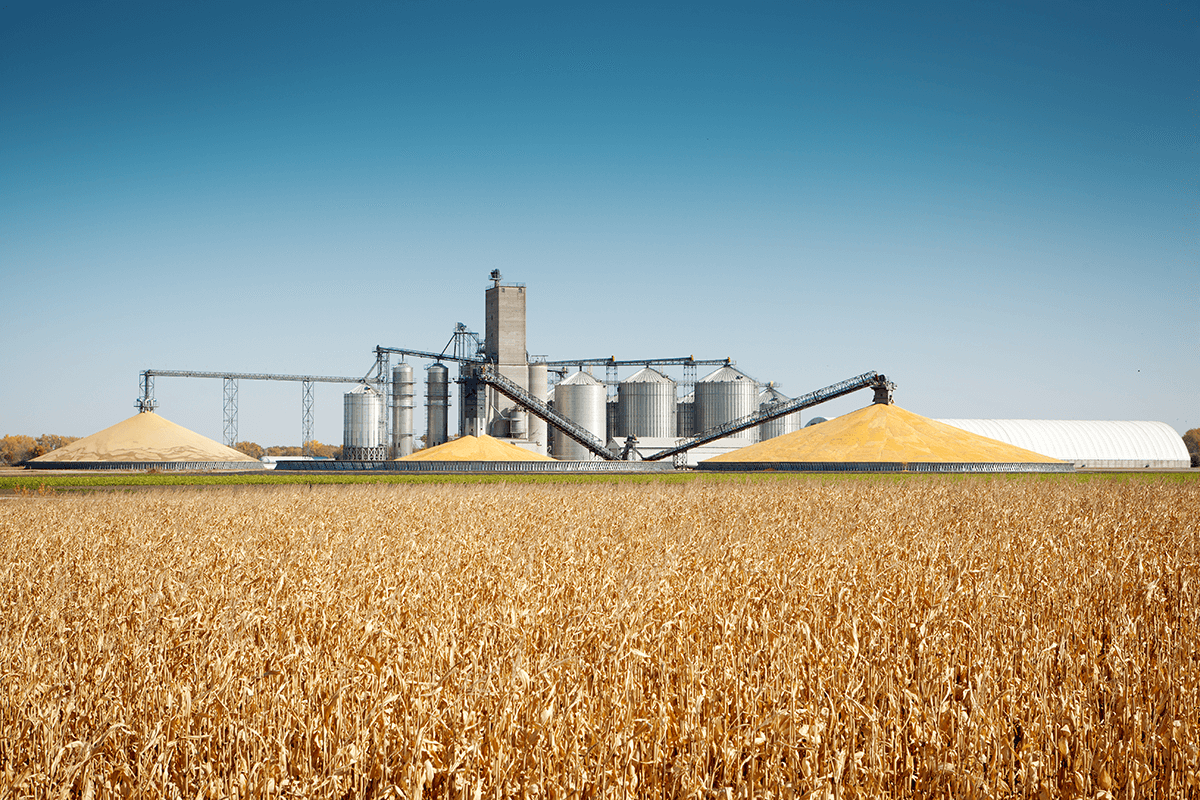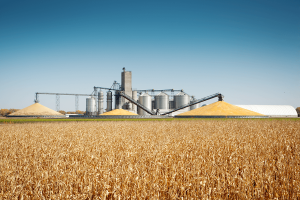Grain processing plays a crucial role in the global market, especially when it comes to exporting products to different countries. The intricate process of transforming raw grains into refined products involves several steps that require precision and efficiency. From cleaning and drying to milling and packaging, every stage of grain processing for export is essential to ensure the final product meets the highest quality standards.
The first step in grain processing for export is cleaning the grains to remove any impurities such as dirt, dust, or foreign particles. This is done using specialized equipment that separates the grains from unwanted materials, ensuring that the final product is clean and safe for consumption. Once the grains are cleaned, they are then dried to reduce moisture content and prevent spoilage during storage and transportation.
After drying, the grains are sent to milling facilities where they are ground into flour or other fine products. This process requires precision equipment that can grind the grains to the desired texture without compromising quality. The milled grains are then sifted to remove any remaining impurities and ensure a smooth, consistent product.
Once the grains are milled and sifted, they are ready for packaging. Packaging plays a crucial role in preserving the quality of the product during transportation and storage. Proper packaging also helps to differentiate the product in the market and attract potential buyers. Grain products are typically packaged in bags or containers that are durable, moisture-proof, and tamper-evident.
In addition to processing and packaging, quality control measures are also implemented to ensure that the final product meets all necessary standards and regulations. This includes testing for moisture content, protein levels, and other key indicators of quality. Any products that do not meet the required specifications are rejected or sent back for further processing.
Once the grains have been processed, packaged, and quality-checked, they are ready for export. Exporting grain products involves working closely with international partners, logistics companies, and regulatory agencies to ensure a smooth and efficient supply chain. Proper documentation, labeling, and certifications are also required to comply with import regulations in different countries.
Overall, grain processing for export is a complex and highly regulated process that requires careful planning, investment in equipment and technology, and adherence to strict quality control measures. By following these best practices, grain exporters can ensure that their products meet the highest standards and are well-received in international markets.





